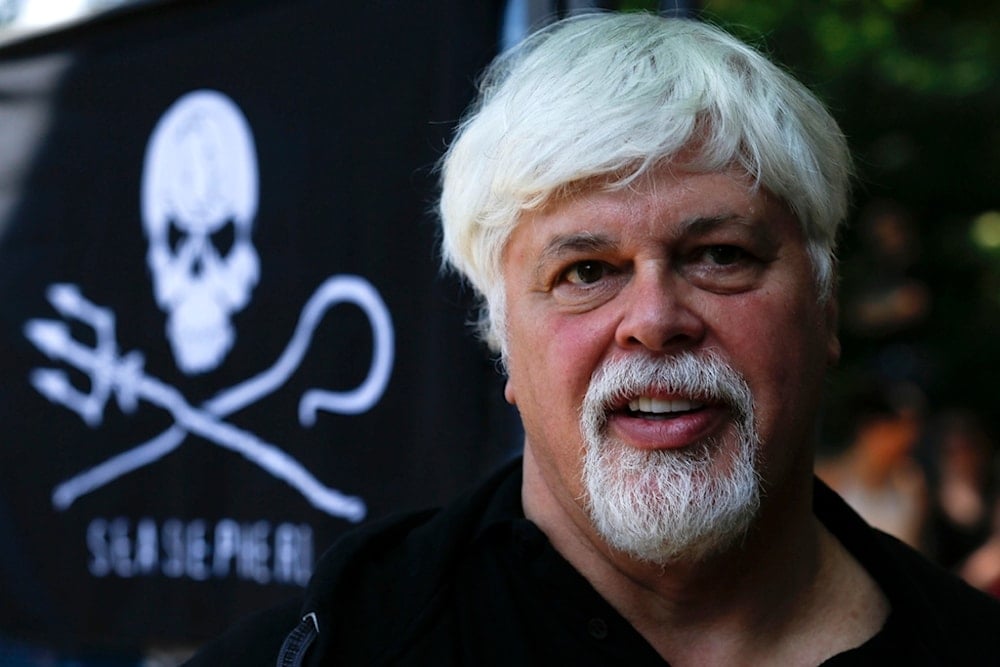Greenpeace co-founder arrested amid Japanese whaling ship controversy
Greenpeace co-founder Paul Watson was arrested under a Japanese warrant, with his arrest possibly timed to coincide with the launch of Japan's new $47-million whaling vessel, the Kangei Maru.
-

Greenland police said they arrested Watson on Sunday, July 21, 2024, on an international arrest warrant issued by Japan. (AP)
Paul Watson, Greenpeace co-founder and anti-whaling activist, was arrested on Sunday under an international warrant from Japan, where he has been sought for over a decade due to violent encounters with whalers.
The 73-year-old was taken into custody after a police raid on his ship in Greenland. He has appeared in court which will decide on his possible extradition to Japan.
The Captain Paul Watson Foundation has condemned the potential extradition as “politically motivated” and called for Watson’s immediate release. They revealed that Watson was campaigning against the Kangei Maru, a new Japanese whaling ship. The arrest may be related to a Red Notice issued by Japan in 2012 for incidents with a whaling vessel in 2010, which was reportedly quietly reinstated after being dropped.
"This development comes as a surprise since the Foundation’s lawyers had reported that the Red Notice had been withdrawn. However, it appears that Japan made the notice confidential to facilitate Paul’s travel for the purpose of making an arrest," the foundation explained.
The group alleged that Watson's arrest was timed to coincide with the launch of the Kangei Maru, a new $47-million whaling vessel now operating in the North Pacific.
Although commercial whaling was banned by the International Whaling Commission (IWC) in 1986, Japan continued to hunt whales for "scientific" purposes in the Antarctic. In 2014, the International Court of Justice ruled that these hunts were not legitimate and ordered Japan to cease them. Japan withdrew from the IWC in 2018, ending Antarctic hunts, but resuming commercial whaling in its own waters, citing cultural significance.
Read more: Poland criticized by Greenpeace for law concerning Oder river revival

 2 Min Read
2 Min Read








